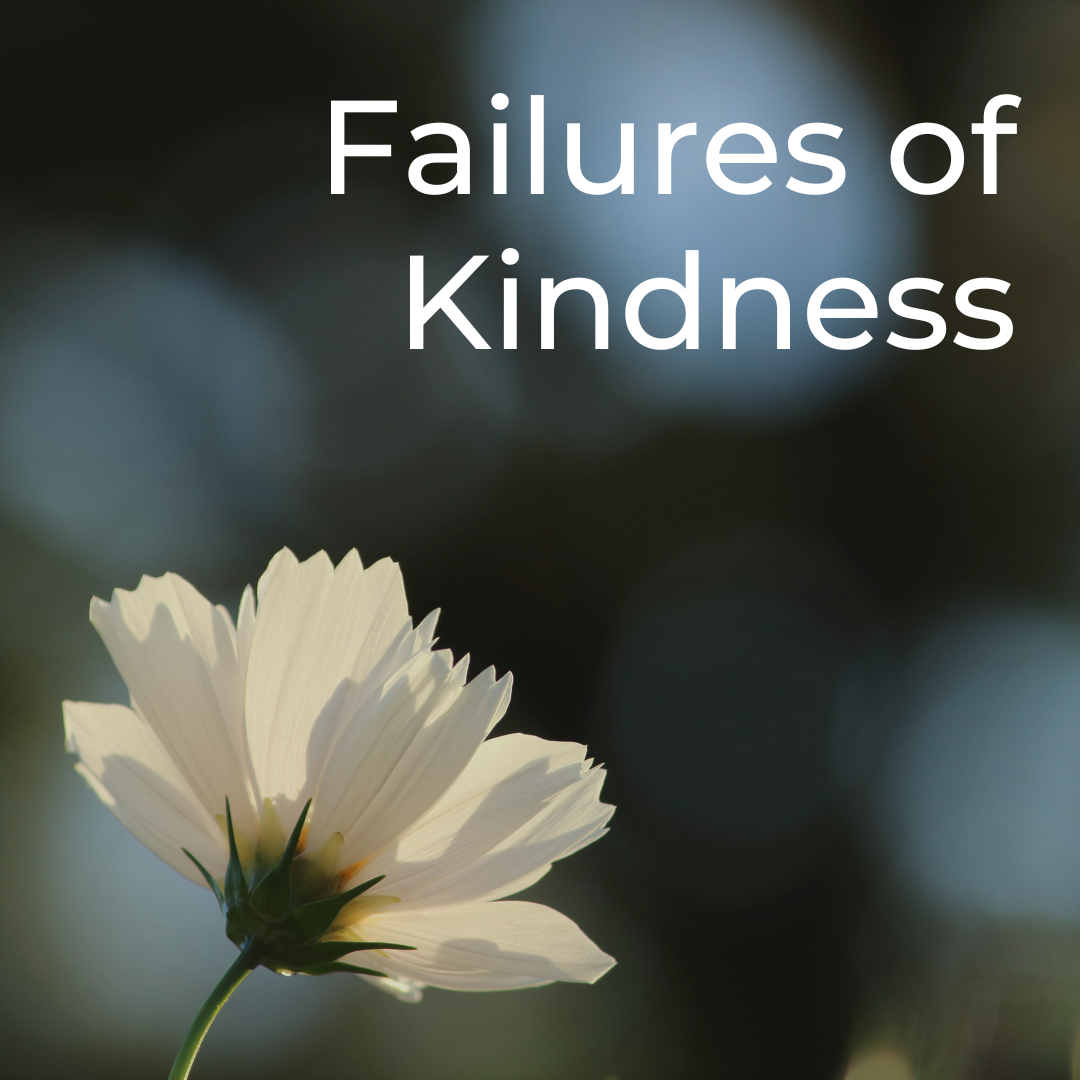
What I regret most in my life are failures of kindness.
— George Saunders
Joel Lovell of The New York Times Magazine wrote the following words concerning the nearly singular gifts of his friend, George Saunders and Saunders' short story collections, CivilWarLand in Bad Decline and Tenth of December:
...you read them and you feel known, if that makes any sense. Or, possibly even woollier, you feel as if he understands humanity in a way that no one else quite does, and you're comforted by it. Even if that comfort often comes in very strange packages...
Saunders breaks a lot of stereotypes, not only with his writing but with his approach to life. The trope of the great writer as tortured soul, reclusive or volatile, doesn't fit Saunders at all. He seems the opposite—genial and generous. He describes himself as having "a mawkish, natural enthusiasm for things."
"I like being alive," he says, "in a way that's a little bit cheerleaderish." He's recently written a new book called, A Swim in a Pond in the Rain, which as far as I can tell halfway through it, is a 400-page revelation of the creative writing craft secrets of a generationally talented writer. Intricate yet accessible, it's a delightful compilation of the things he teaches aspiring writers each semester at Syracuse University, all delivered with enormous warmth and modesty. Saunders' own mentor, National Medal of the Arts winner and short story writer, Tobias Wolff, said of his old student, "George is such a generous spirit, you'd be embarrassed to behave in a small way around him."
While there are dozens of commendable college commencement speeches making the rounds on the internet each year at this time, Saunders' convocation remarks at Syracuse from almost a decade ago stand out as truly exceptional. And because what I'd like to convey can't be done in any better way than to quote Saunders directly, I'm obliged to do so here at length on the subject on which he spoke—our failures of kindness:
In seventh grade, this new kid joined our class. In the interest of confidentiality, her convocation speech name will be "Ellen." Ellen was small, shy. She wore these blue cat's-eye glasses that, at the time, only old ladies wore. When nervous, which was pretty much always, she had a habit of taking a strand of hair into her mouth and chewing on it.
So she came to our school and our neighborhood, and was mostly ignored, occasionally teased. I could see this hurt her. I still remember the way she'd look after such an insult: eyes cast down, a little gut-kicked, as if, having just been reminded of her place in things, she was trying, as much as possible, to disappear. After a while she'd drift away, hair-strand still in her mouth. At home, I imagined, after school, her mother would say: "How was your day, sweetie?" and she'd say, "Oh, fine." And her mother would say, "Making any friends?" and she'd go, "Sure, lots." Sometimes I?d see her hanging around alone in her front yard, as if afraid to leave it.
And then—they moved. That was it. No tragedy, no big final hazing. One day she was there, next day she wasn't. End of story.... Why, forty-two years later, am I still thinking about it? Relative to most of the other kids, I was actually pretty nice to her. I never said an unkind word to her. In fact, I sometimes even (mildly) defended her. But still. It bothers me. So here's something I know to be true, although it's a little corny, and I don't quite know what to do with it: What I regret most in my life are failures of kindness. Those moments when another human being was there, in front of me, suffering, and I responded...sensibly. Reservedly. Mildly.
I have my own regrets about failures of kindness I've perpetrated against the unsuspecting and undeserving. I wince at myself, feeling the force of my negligence viscerally. As I get older, I see such unforced errors even more starkly—the smallness, the thoughtlessness, the acute failures in courage, the fundamental misunderstanding about what's most important, eternally important. And perhaps worst of all, when one looks back over space and time between now and seventh grade, or to such regretful moments in adulthood, or even to last week—really all there is to do is to feel the pain that was inflicted and say it won't happen again.
To now refrain from such harm.
And to err on the side of kindness.
In kindness, God, may I not be sensible, reserved, or mild, but positively alive with it. Amen.
— Greg Funderburk





